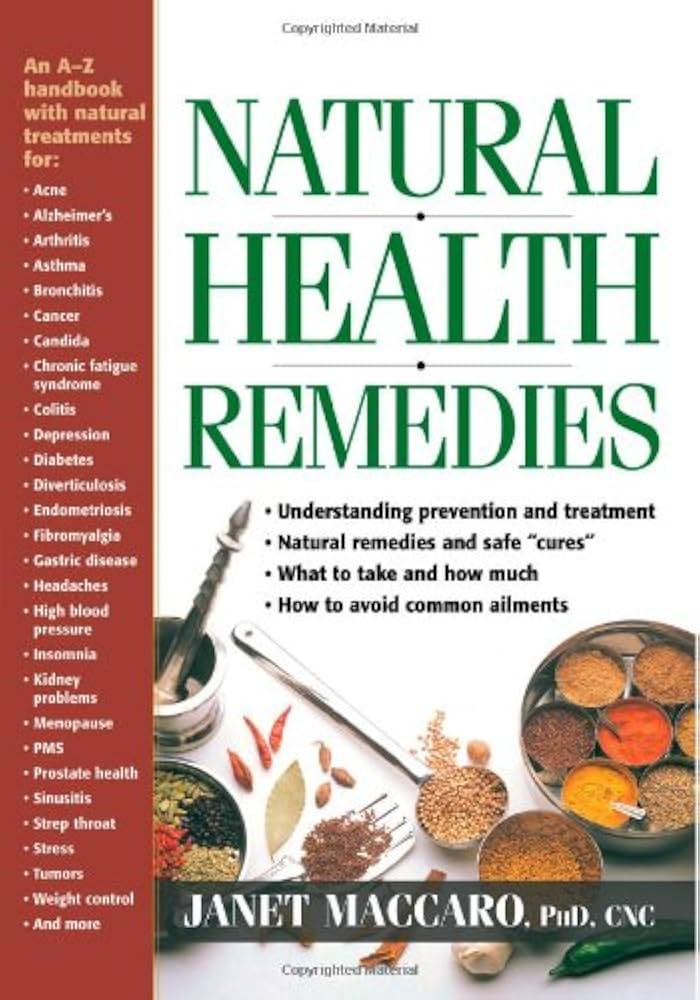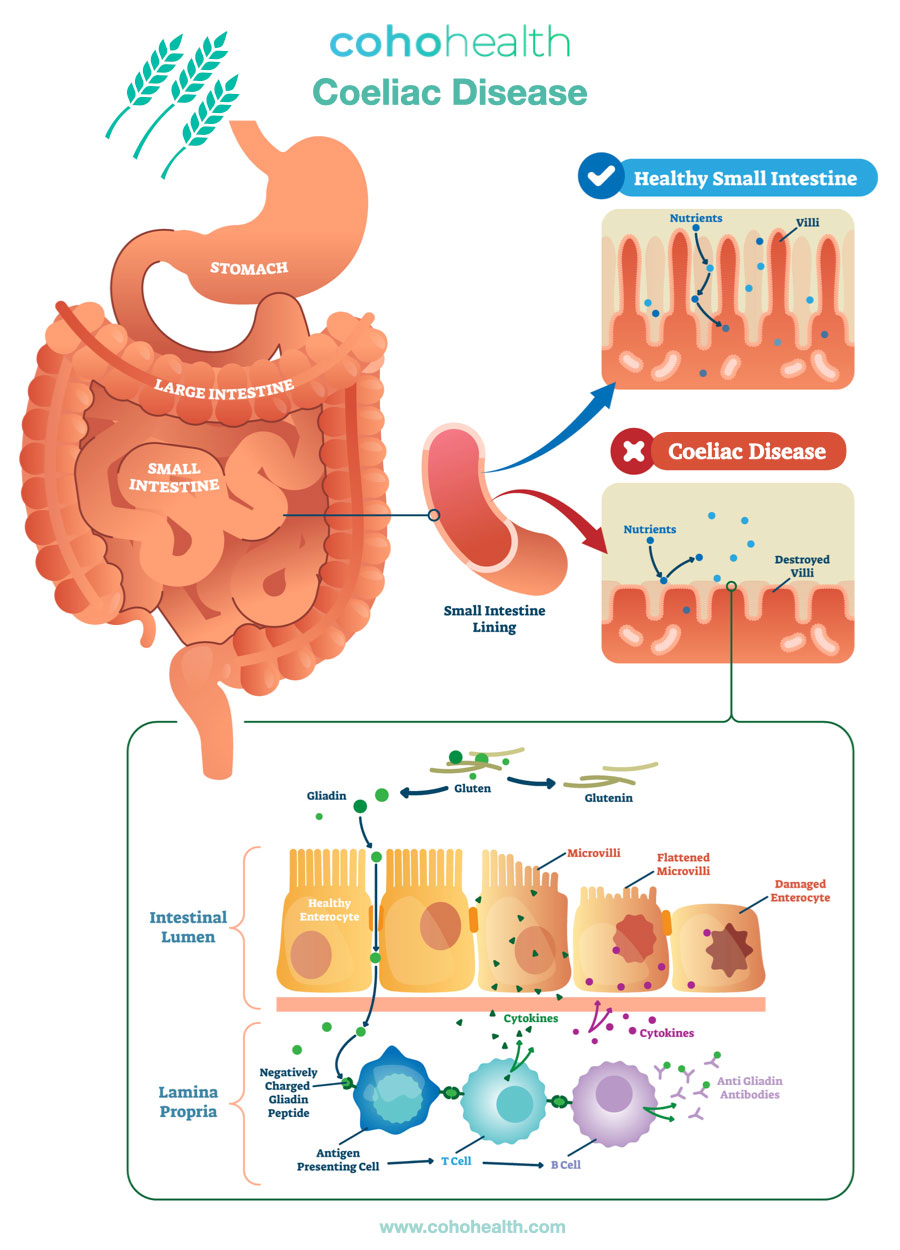Functional Medicine Approach to Osteoporosis
Osteoporosis is a complex condition that affects millions of people worldwide, leading to fragile bones and increased risk of fractures. While traditional approaches often focus on pharmaceuticals and lifestyle changes, functional medicine offers a holistic approach to address the underlying causes of osteoporosis. In this article, we’ll explore the functional medicine approach to osteoporosis, including strategies for prevention, assessment, and treatment.
Understanding Osteoporosis
Osteoporosis is characterized by a decrease in bone density, leading to an increased risk of fractures. This condition can affect anyone, regardless of age or gender. However, it’s more common among women, particularly during menopause when hormone levels drop.
The Role of Hormones
Hormonal changes play a significant role in osteoporosis, especially in postmenopausal women. Estrogen, in particular, has been shown to regulate bone density and turnover. As estrogen levels decline, bones become weaker, making them more susceptible to fractures.
Functional Medicine Assessment
A functional medicine approach to osteoporosis involves a comprehensive assessment of the individual’s overall health. This includes:
-
Medical History and Physical Examination
-
Blood Tests and Imaging Studies
-
Digestive Health Analysis
This thorough assessment helps identify underlying factors contributing to osteoporosis, such as nutrient deficiencies, gut imbalances, and hormonal imbalances.
Treatment Strategies
Functional medicine treatment for osteoporosis focuses on addressing the root causes of bone loss. Some key strategies include:
-
Nutrient-Dense Diet and Supplementation
-
Gut Health Support
-
Hormone Regulation
-
Stress Management Techniques
A well-designed diet rich in calcium, vitamin D, and other essential nutrients is crucial for bone health. Additionally, supplements like omega-3 fatty acids, vitamin K2, and probiotics can support gut health and bone density.
Exercise and Lifestyle Changes
Regular exercise, particularly weight-bearing activities, can help maintain or even increase bone density. Functional medicine practitioners may recommend exercises such as yoga, Pilates, or resistance training to strengthen bones.
Practical Takeaways
Here are some practical takeaways for incorporating the functional medicine approach into your daily life:
-
Eat a Balanced Diet with Calcium-Rich Foods
-
Incorporate Vitamin D-Sufficient Foods or Supplements
-
Practice Stress-Reducing Techniques Like Meditation or Yoga
-
Consider Probiotic Supplementation for Gut Health Support
By adopting these functional medicine strategies, individuals can proactively address the underlying causes of osteoporosis and maintain strong, healthy bones throughout their lives.
Conclusion
Osteoporosis is a complex condition that requires a comprehensive approach to treatment. By integrating functional medicine principles into your health plan, you can address the root causes of bone loss and promote overall well-being. Remember to prioritize nutrient-dense eating, gut health support, hormone regulation, and stress management techniques to maintain strong bones and reduce your risk of fractures.
For further reading or consultation with a healthcare professional, consider the following resources:
Don’t let osteoporosis hold you back. Take control of your health today and start building strong, healthy bones with the functional medicine approach!


